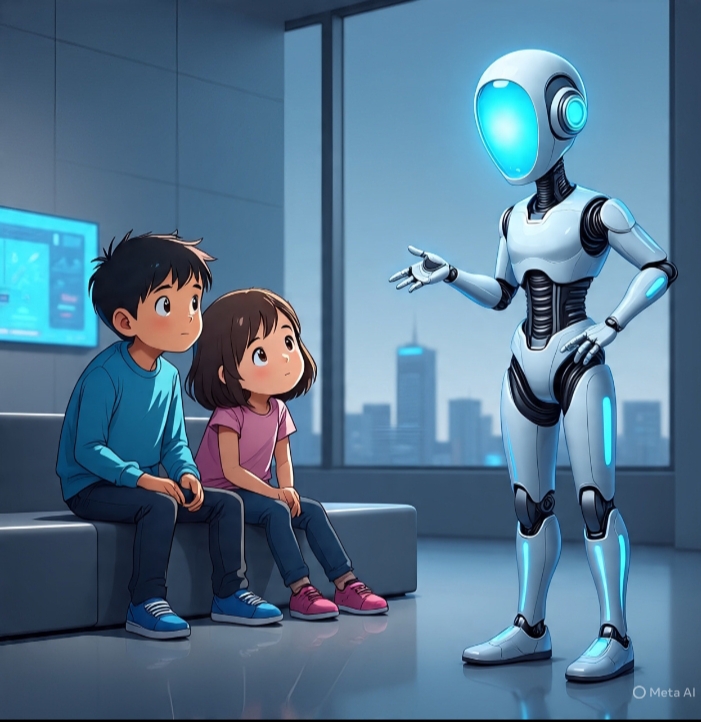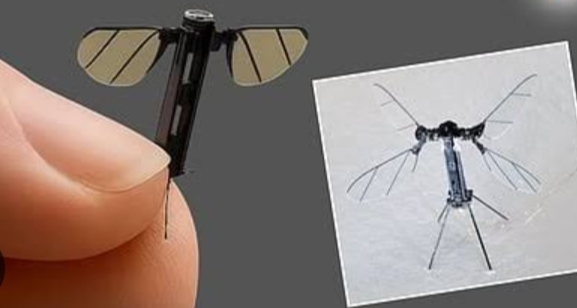In a world racing toward automation and virtual companions, many parents are starting to wonder: “Can AI be my child’s friend?” With talking toys, AI-powered chatbots, and educational bots making their way into nurseries and classrooms, the line between human interaction and machine simulation is quickly blurring.
But here’s the hard truth — no matter how smart or emotionally aware an AI seems, it will never be your child’s real friend. Here’s why:
---
1. AI Lacks True Emotions
AI can mimic emotions — it can sound cheerful, respond to sadness, or even simulate empathy. But make no mistake, these are just pre-programmed responses. Unlike a human friend who feels your child’s joy or pain, AI doesn’t “feel” anything. It responds based on data, not heart.
---
2. Friendship Needs Mutual Growth — AI Doesn't Grow
Friendships are built on shared experiences, mutual understanding, and growing together. Your child will grow, emotionally and intellectually. But AI remains static — its growth is limited to updates and algorithms, not lived experiences. It can’t form memories, build trust over time, or mature alongside your child.
---
3. AI Encourages Dependence, Not Independence
Some children may become overly attached to their AI "friend," relying on it for conversation, comfort, or even advice. But this can stunt social growth. Real friendships teach conflict resolution, compromise, patience, and empathy — traits no AI can authentically model. Overreliance on AI may isolate children from the real, imperfect, but essential world of human connection.
---
4. AI Has No Moral Compass
Children need moral guidance — a friend who can help them differentiate right from wrong, not just based on logic or rules, but with compassion and conscience. AI doesn’t have a soul or values. It can offer responses, but not wisdom. That role belongs to parents, teachers, and real friends who understand culture, emotions, and humanity.
---
5. Privacy and Safety Concerns
Many AI tools are connected to the internet, collecting data and learning from your child's conversations. This opens doors to potential privacy issues. Can you trust a machine that records and stores everything your child says? And more importantly, do you want your child forming bonds with something designed to observe, not understand?
---
The Bottom Line
AI is a tool — and a powerful one — but it’s not a companion. It can assist, educate, and even entertain. But replacing friendship with artificial companionship is like replacing fresh air with bottled oxygen — it might work for a moment, but it’s not natural or healthy long term.
So encourage your child to explore the world, make real friends, and learn from human interactions. Let AI be a teacher or assistant — but never a substitute for real love, empathy, and human connection.
Because true friendship isn’t programmed — it’s felt.



